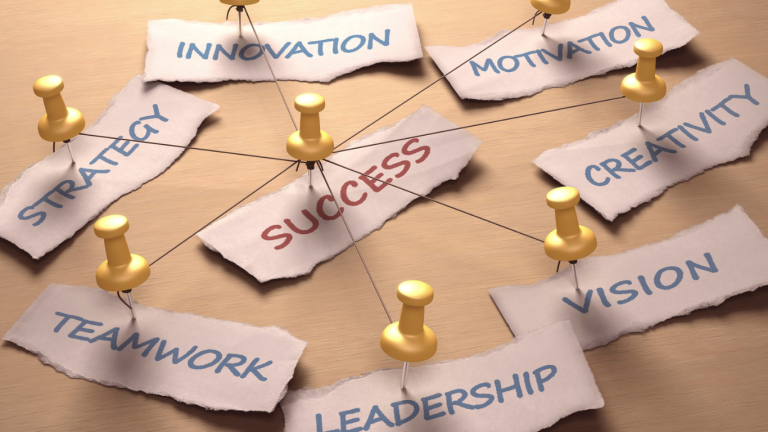
Leadership in Times of Change: Building Resilient and Adaptive Teams
In today’s fast-paced and ever-evolving business landscape, organizations are regularly confronted with change—whether through technological advances, market disruptions, or shifts in consumer behavior. According to McKinsey & Company, 70% of transformation efforts fail, often due to a lack of effective leadership. Successful organizations have one thing in common: strong leadership that fosters resilience and adaptability in their teams. Leaders who can navigate through
uncertainty and motivate their teams to embrace change are the ones who ensure long-term success.
The Role of Leadership During Change
Leadership is more than just directing teams through tasks; it is about setting a vision and guiding employees through the complexity of change. A study by the Center for Creative Leadership found that one of the most critical traits of a leader in times of change is emotional intelligence (EQ). Leaders who display empathy, self-awareness, and strong communication skills are better able to reduce anxiety and fear within their teams, facilitating smoother transitions.
Key Insight: Leadership in times of change is not about control but about empowerment. Leaders who can create an environment of psychological safety encourage their teams to take risks, be innovative, and collaborate more effectively.
Building Resilient Teams
- Encourage a Growth Mindset
A key aspect of resilience is the mindset with which employees approach challenges. Carol Dweck’s research on growth versus fixed mindsets shows that people with a growth mindset—those who view challenges as opportunities to learn—are more likely to overcome obstacles successfully. Leaders who encourage this mindset help their teams focus on learning and adaptation rather than being overwhelmed by setbacks.
Practical Tip:
Create opportunities for employees to develop new skills and stretch beyond their comfort zones.
Acknowledge failures as part of the learning process, reinforcing the idea that setbacks are not permanent.
- Foster Strong Communication
When changes occur, uncertainty often follows. A lack of information can breed fear and resistance. Leaders who are transparent and communicate consistently can mitigate this fear. Regular updates about the direction of the organization, the reasoning behind changes, and the expectations moving forward help employees feel more secure.
Framework for Action:
Establish regular check-ins with teams to communicate progress and address concerns.
Use multiple communication channels (emails, meetings, and informal discussions) to ensure your message reaches everyone.
Developing Adaptive Teams
- Promote Cross-Functional Collaboration
One of the best ways to build adaptability is by encouraging collaboration across departments. Teams that work in silos often struggle to pivot quickly when change occurs. By fostering cross-functional collaboration, teams learn to solve problems from different perspectives, making them more agile and adaptable.
Actionable Insight:
Implement team-building activities that promote interdepartmental cooperation.
Encourage knowledge sharing through workshops, informal networking events, or shared digital platforms.
- Empower Decision-Making at All Levels
A critical element of adaptability is decentralizing decision-making. In times of change, businesses need to make quick decisions. When leaders trust their teams and empower employees to make decisions at all levels, they can respond to shifts much faster. Research by the Harvard Business Review shows that decentralized decision-making improves innovation and speeds up organizational responses to change.
Practical Tip:
Delegate responsibility to key team members and give them the authority to make decisions within their areas.
Provide the necessary resources and support to make informed decisions quickly.
Leading through change is not an easy task, but it is essential for organizations that aim to thrive in today’s dynamic environment. Resilient and adaptive teams are the backbone of successful transformations. Leaders who foster growth mindsets, prioritize communication, encourage collaboration, and decentralize decision-making create organizations that are ready to tackle any challenge.
If you're ready to lead your team through change and build a resilient organization, IBIACO can provide the expertise and strategies needed for long-term success. Connect with us today to learn more about how we can help you empower your leadership and drive lasting transformation.

_medium.png)


















